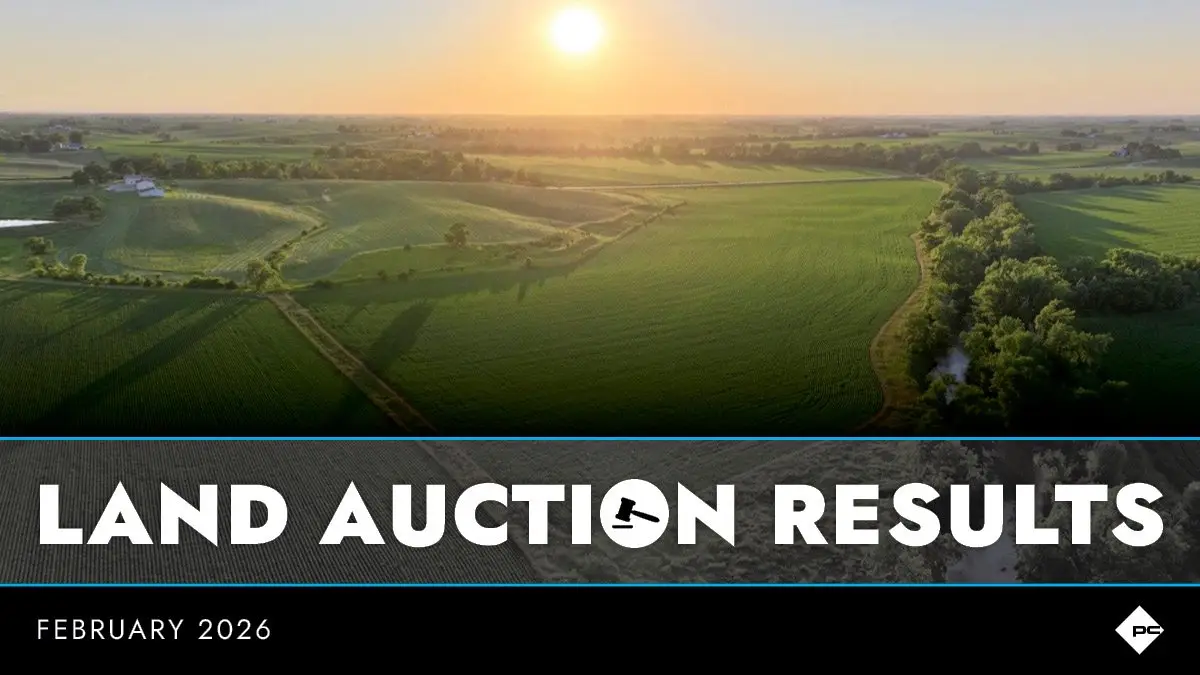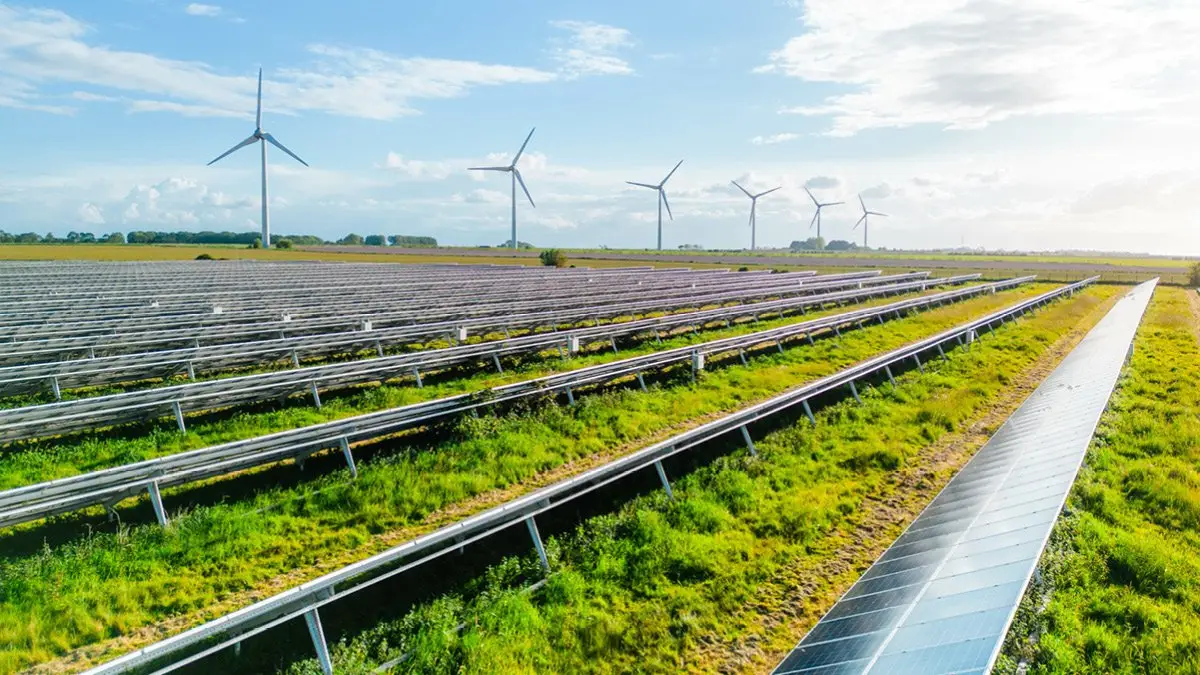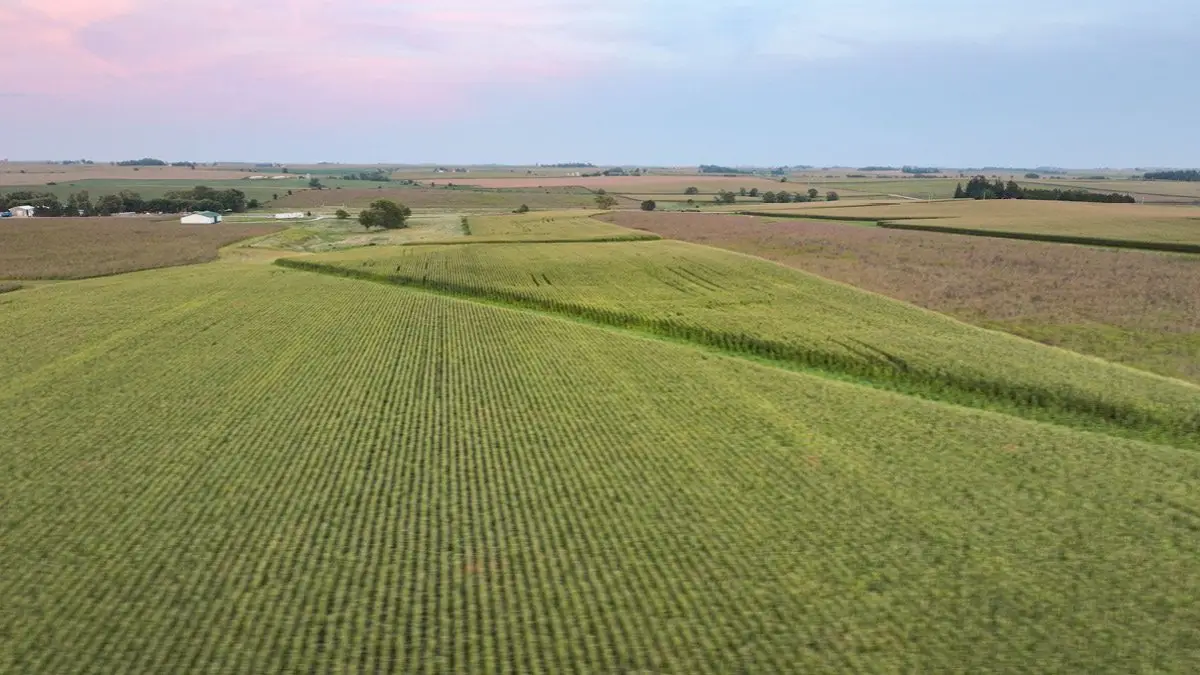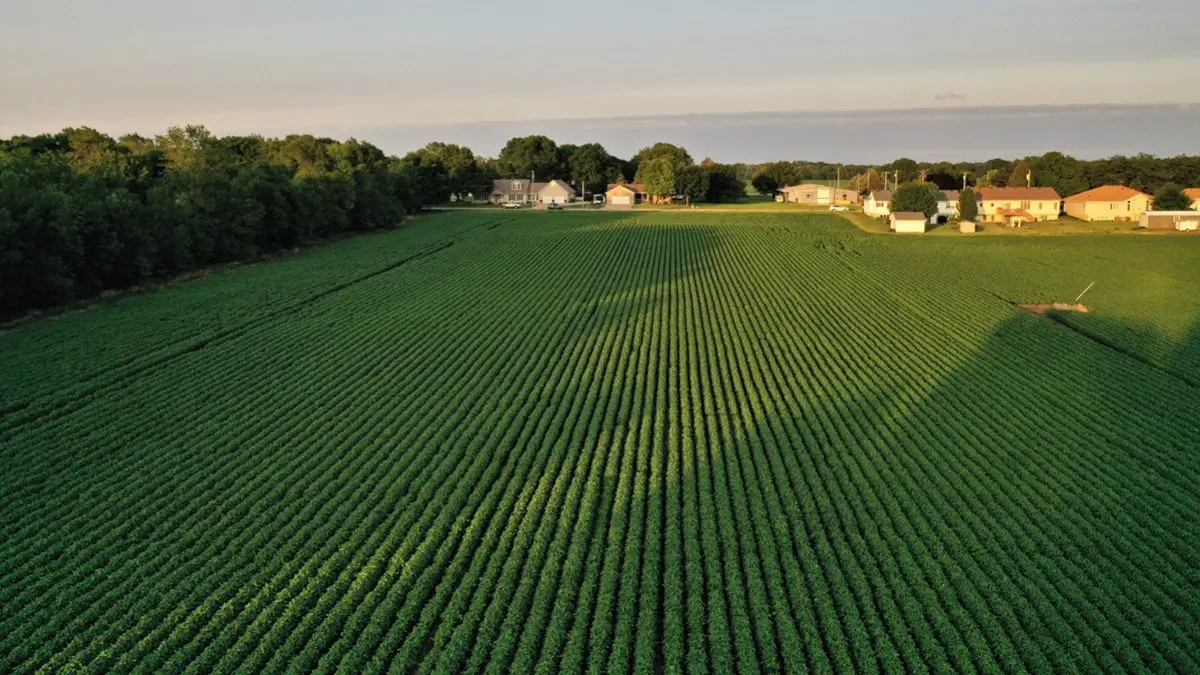The Land Investment Monthly is a round-up of articles and headlines published by the farm press, business media and financial publications with insights into buying, selling or investing in farm land, recreational ground or development ground.
Uncertainty over land rights perceived as top investment risk in new USAID survey
Would you sink hundreds of millions of dollars into an investment on contested land?
This is a key question investors and companies engaged in land-based sectors must ask whenever they consider a new project.
Insights into the way the private sector deal with risks to their investments stemming from unclear or weak land tenure and property rights is the focus of a new report released on Wednesday by the U.S. Agency for International Development (USAID) at the Global Landscapes Forum (GLF) Investment Case Symposium.
The Investor Survey on Land Rights conducted jointly with Indufor North America and the European Investment Bank shows that land tenure risks led to the rejection of at least 66 percent of projects with a combined value of about $1.6 billion. Read more
Ninety-nine percent of America’s farms are family-owned. But only half are family-farmed.
In Iowa, as in much of the country, land is equally unaffordable. With the average price topping $7,000 an acre, a 300-acre farm in the state is worth a hefty $2.1 million. (The average size of an Iowa farm is 330 acres.) That’s an investment not easily borne by a new farmer, especially since the price of corn and soybeans has essentially flatlined for the last five years.
But most Iowa landowners are not new. “You don’t own land for one or three years,” says Wendong Zhang, an extension economist at Iowa State University (ISU). “A quarter of the land in Iowa is owned by the same owner for the last 40 years; half has been owned for over 20 years. So owners are after long-term returns.”
This pattern of long-term ownership means not only that there is very little land available for sale in Iowa (which drives prices even higher), but also that most of the state’s farmland was purchased back when that land was far less expensive. Read more
Kimbal Musk, Elon Musk's brother, on mission to revolutionize how Americans eat
On a crisp Denver morning, middle school students were discovering how to develop a green thumb with the help of Kimbal Musk, the brother of Tesla CEO Elon Musk. In the 90s, he helped his older brother launch Zip2 and the company that would become PayPal. These days, the entrepreneur is on an entirely different mission.
"Real food is the new internet means that young entrepreneurs getting into food today, where they're bringing real food that just taste much better. That's food that you trust to nourish your body, trust to nourish the farmer and trust to nourish the planet is the opportunity of our generation," Musk told CBS News' Barry Petersen.
Musk still works with his brother's ventures Tesla and SpaceX. But his personal venture has become a life's work: replacing high-calorie foods with healthier ones. Musk always had an interest in cooking, attending culinary school after making it big in tech. But in 2001, he found purpose in tragedy. Read more
How North Texas farmers are using social media to keep business growing
When two local farmers recently announced new pick-your-own operations on social media — Chris Demases with Pecan Creek Strawberry Farm in Pilot Point and Megan Neubauer with Pure Land Farm in McKinney — they were overwhelmed by the response.
"Chris had a thousand hits four weeks before they had strawberries," says Amanda Vanhoozier, a former farmers market manager and key voice on the local scene.
Neubauer, who owns Pure Land with her father, Jack, went from fears no one would show up to wondering if she'd need police for crowd control. Her spring announcement on Facebook drew more than 50,000 interactions. Read more
Blockchain is coming for agriculture and you might not even notice
Bitcoin and other cryptocurrencies have received a lot of hype, but blockchain technology isn’t all about digital cash. Blockchain technology is actually a powerful type of secure database. It’s a ledger of accounts and transactions that’s easy to amend if you have the right keys, but nearly impossible to alter once a transaction has been written. As a result, you can think of a blockchain as an ultra-secure way to record, certify, and transfer assets without needing to rely on a bank, broker, or other intermediary.
While blockchain is theoretically interesting, farm owners and growers want technology that produces real benefits in the near term. In agriculture, blockchain promises a single source of truth about the state of your farm, inventory, and contracts. Many farmers today utilize a combination of software, apps, spreadsheets, pen and paper, and memory to record their data. That effort is then multiplied when farm service providers require information and data in order to deliver on the service they were hired to perform. By providing a single source of data for a farm, blockchain minimizes the strain of record-keeping and maintaining multiple record systems. Blockchain can ultimately save time and energy in the agriculture value chain. Read more







